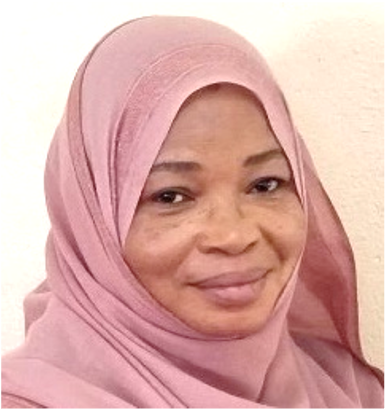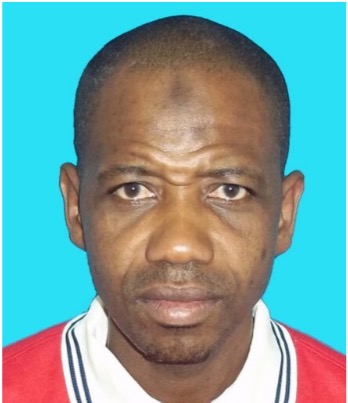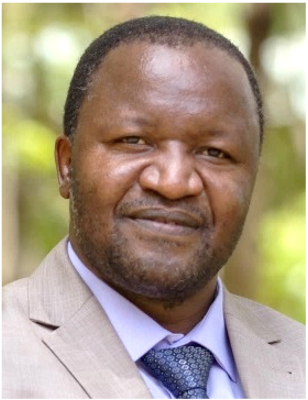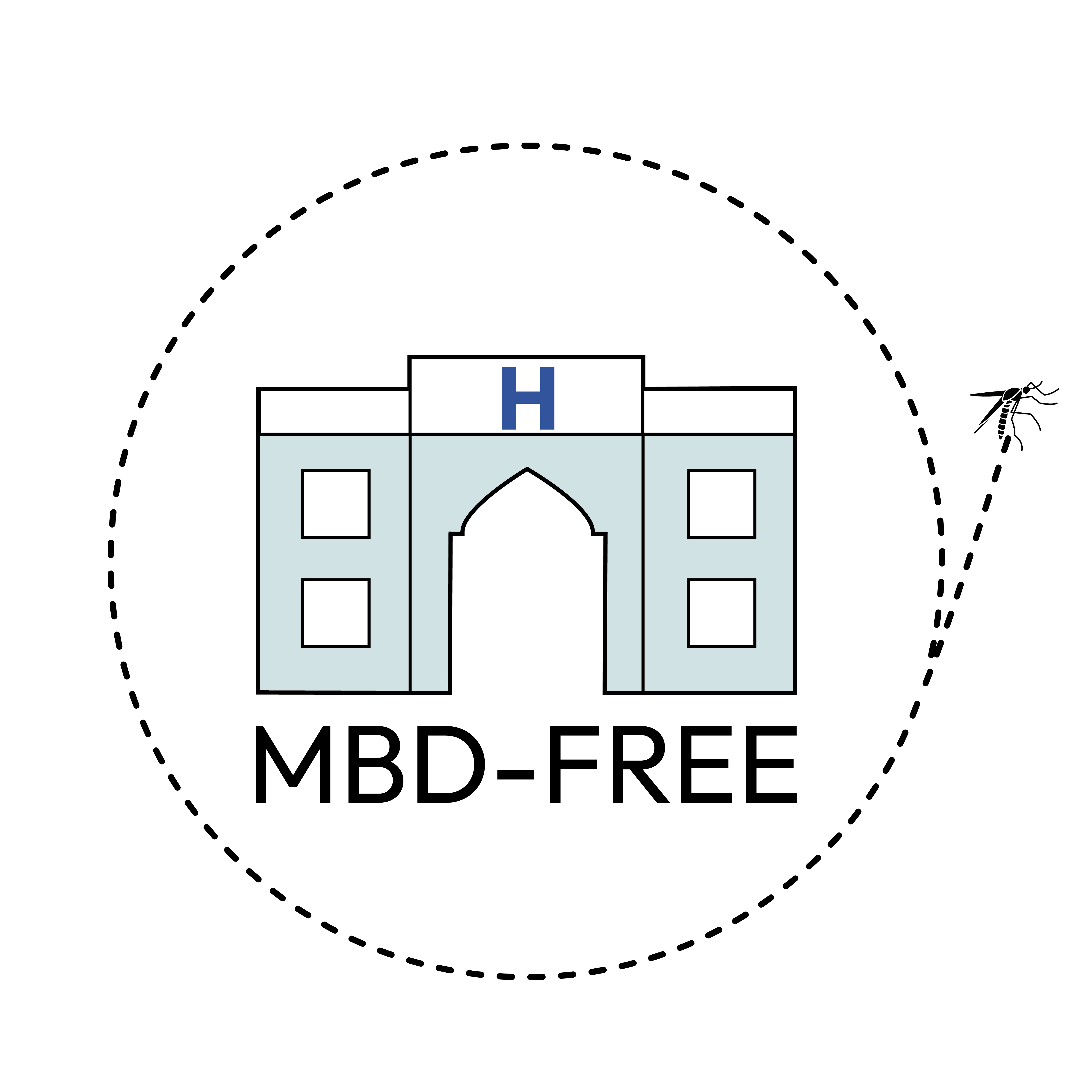MBD Free Project

Project background
Hospitals can be hotspots for the initiation and spread of infectious disease outbreaks. However, in tropical areas more research is needed to identify and pilot sustainable interventions to minimize the risk of hospital-transmission and epidemic spread of climate-sensitive mosquito-borne viral disease as for example dengue and Zika.
The standard of waste and water management in the local environment generates multiple habitats for mosquitoes, while the open structure of tropical hospitals offer easy access for blood-seeking mosquitoes to around-the-clock presence of patients, relatives and staff. This situation creates highly favorable conditions for the spread of mosquito-borne viral diseases. Here, one infected person may initiate transmission and result in others carrying infections back to their homes and communities. Zanzibar represents one such setting. The significance of the problem is amplified by the ongoing climate change, poorly developed surveillance capacity and lack of treatment options.
Research aims
This research aims to build resilience to mosquito-borne viral diseases in Zanzibar by preventing hospital-acquired infections through integrated mosquito control and sentinel surveillance in Zanzibar hospitals. The core team behind the research represents a very broad range of disciplines, sectors and professions needed to come up with innovative, effective and sustainable interventions to address the problem. The project will be guided by previously identified proven and promising interventions including architectural adjustments and the use of mosquito mass trap technologies.
Moreover, the research will advance our knowledge by developing procedures for the selection, co-creation and adoption of interventions into the hospital setting, undertake feasibility and impact assessments and assess novel surveillance approaches for the detection of viruses in mosquitoes. Throughout the project, research capacity will be strengthened focusing at South partner institutions. Dedicated project activities emphasize research to program and research to policy translation.
Publications
Sloan Wood, O., Lupenza, E., Agnello, D.M., Knudsen, J.B., Msellem, M., Schiøler, K.L. and Saleh, F. (2025) ‘Co-creating interventions to prevent mosquito-borne disease transmission in hospitals’, Buildings and Cities, 6(1), p. 819–840. Available at: https://doi.org/10.5334/bc.636.
Kooiman, F., Ali, M.H., Alifrangis, M. et al. The November-2023–March-2024 malaria epidemic in Zanzibar: a spatiotemporal epidemiological analysis. Malar J 24, 354 (2025). https://doi.org/10.1186/s12936-025-05507-2
Conferences
Otis Sloan Wood. (8 October 2025). Co-creating mosquito safe environments. Oral presentation. CAFx - Copenhagen Architecture Forum.
Karin Schiøler. (25 September 2025). Mosquito-free Hospitals: Co-creating Disease Control Approaches in Zanzibar. Symposium talk. Vector-borne diseases in a changing world. University of Copenhagen.
Otis Sloan Wood, Jakob Brandtberg Knudsen, Karin Linda Schiøler, Michael Alifrangis, Eliza Lupenza, Gloria Ceasar, Mwinyi Msellem, Fatma Saleh. (20-22 November 2024). Thermal Comfort, Ventilation, and Mosquito-Borne Disease Risk: A Preliminary Field Study of New Hospitals in Zanzibar, Tanzania. Conference presentation. CATE Conference, Seville, Spain. *Recipient of Outstanding Student Paper Award
Otis Sloan Wood, Muhammad Farooq. (23 May 2024). Bridging Disciplines: Utilising Large Language Models for interdisciplinary Collaboration and Innovation in Architectural Design. Conference presentation. EAAE-ARCC, Aarhus, Denmark.
The project brings together a strong, interdisciplinary network of research and government institutions across Zanzibar, mainland Tanzania and the region with a clear aim to strengthen South-South collaborations, while building on well-established partnerships with North partners.
Collaborators
- State University of Zanzibar (SUZA)
- Kilimanjaro Clinical Research Institute, Tanzania (KCRI)
- Kilimanjaro Christian Medical University College, Tanzania (KCMUCo)
- Zanzibar Malaria Elimination Programme (ZAMEP)
- Directorate of Preventive Services and Health Promotion Ministry of Health Zanzibar (MOH)
- SACIDS Foundation for One Health, University of Agriculture, Tanzania (SUA)
- Instituto Nacional de Saúde, Mozambique (INS)
- University of Copenhagen, Denmark (UCPH)
- The Royal Danish Academy, Architecture, Design, Conservation, Denmark (KADK)
 |
Karin Schiøler, University of Copenhagen, Denmark |
 |
Fatma Saleh, State University of Zanzibar (SUZA) |
 |
Mwinyi Msellem, Directorate of Preventive Services and Health Promotion Ministry of Health Zanzibar |
 |
Shaali Ame, Directorate of Preventive Services and Health Promotion Ministry of Health Zanzibar |
 |
Happiness Kumburu, Kilimanjaro Clinical Research Institute, Tanzania (KCRI) |
 |
Gerald Misinzo, SACIDS Foundation for One Health, University of Agriculture, Tanzania |
 |
Debora Kajeguka, Kilimanjaro Christian Medical University College, Tanzania |
 |
Michael Alifrangis, University of Copenhagen, Denmark |
 |
Jakob Brandtberg Knudsen, The Royal Danish Academy, Architecture, Design, Conservation, Denmark
|
 |
Reginald Kavishe, Department of Biochemistry and Molecular Biology, School of Medicine, KCMC University |
| Ayubo Kampango, Instituto Nacional de Saúde, Mozambique | |
|
Bakari Khatib, Zanzibar Malaria Elimination Programme (ZAMEP) |
 |
Danielle Agnello, PostDoc (UCPH) |
 |
Otis Sloan-Woods (PhD, KADK) |
 |
Eliza Lupenza (PhD, KCMUCo) |
 |
Gloria Ceasar (PhD, KCMUCo) |
Funded by:
Full project title: Building resilience to climate-sensitive mosquito-borne viral diseases: preventing hospital-acquired infections and their epidemic spread through integrated mosquito control and sentinel surveillance in Zanzibar hospitals
Period: 2022-2027
Total: 11,999,216 DKK
Project logo


